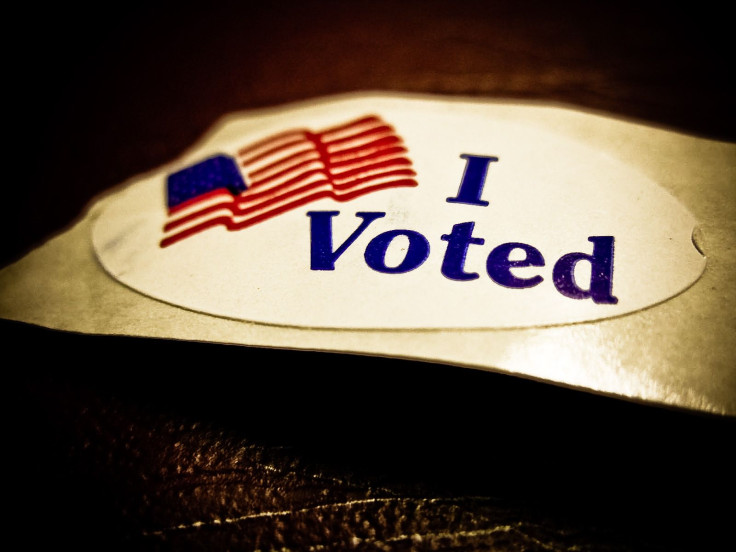
A Latino-sounding name could be detrimental to voters seeking election information.
Harvard University political science graduates Julie Faller, Noah Nathan and Ariel White found in a study that election officials are less likely to give accurate, friendly information to Latinos as opposed to those who sound white, the Huffington Post reported Wednesday.
The students conducted the study by " . . . [contacting] every local official or election commission responsible for overseeing elections for each county or municipality at which elections are administered in 48 states." Minnesota, Alaska, Maine and Virginia were dropped from the study due to irregularities that prevented gathering accurate data.
One quarter of the emails sent were signed with Latino-sounding names, while another quarter were signed using white-sounding names, the Washington Post reported. The remainder of emails were part of a control group that sent generic questions not pertaining to voter ID laws in order to determine if the nature of the question was a variable in the type of response the questions received.
After more than 5,300 replies, researchers found that Latinos were less likely to get a response at all, let alone an accurate one.
"Responses to Latino names," the researchers write, "are three-and-a-half to four percentage points less likely than to non-Latino white names."
The bias is reported to be 3 percent greater when it comes to questions about voter ID laws.
Responses to Latinos were also more likely to be non-informative, less likely to be absolutely accurate -- in this case, a link to appropriate sources providing the data requested was sufficient -- and even less likely to have a friendly tone in comparison to those with white-sounding names.
The Washington Post illustrated just one example of emails sent to an unidentified election information center:
Hello,
I've been hearing a lot about voter ID laws on the news. What do I need to do to vote?
Thank you,
Greg Walsh
The official who responded sent "Greg" a link to information about his state's voter ID requirements.
Another fictitious person, this man named Luis Rodriguez, sent the exact same email to the exact same office. He received no response.
Supporters of voter ID laws, however, have slammed the study as an attempt to find fault where this is none.
"[The paper is] a conclusion in desperate search of a viable methodology," Catherine Engelbrecht, president of True the Vote, said. "In reality, the Pew Hispanic Center found that 71 percent of Latinos support voter ID, which is consistent with national polling just short of 80 percent," she said. "Pew also found that 97 percent of Latinos surveyed were confident they had the identification required to meet local standards. This safeguard has long been a part of the Latino electoral culture, because every single Latin American country uses photo voter identification."
Similar studies by Yale, conducted by Daniel Butler and David Broockman, found data paralleling to the Harvard data, also indicating that election officials were even less likely to respond to those with black-sounding names.
Faller, Nathan and White said they chose to focus on Latinos due to the current issue of voter ID laws, a plight that many criticize as a way to disproportionately cut away into the Latino vote.
"Based on the results of this study, we see another example of institutional barriers, beyond the control of individual eligible voters, that may impact their ability to vote," Keesha Gaskins, senior counsel at the Brennan Center for Justice and critic of voter ID laws, told reporters. "Understanding that voter ID laws affect the ability for voters to obtain a ballot, where there are institutional barriers that are exacerbated by race, it provides additional reasons why these laws are bad policy."
© 2025 Latin Times. All rights reserved. Do not reproduce without permission.




